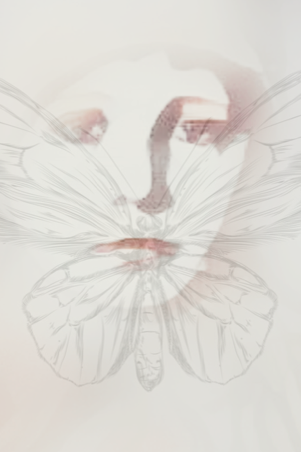
In folktales, lack always signals change: a dramatic change in the life of the heroine/hero and a change in the course of the tale. But the lack of food touches on something deeper: the link between nourishment – sustenance, and nurture – and the soul.
Lack of nourishment leads to the abandonment of children, or to the hardheartedness that sees a hero sent on his way with only a crust of stale bread; lack of nurture drives the heroine out into the snow with nothing but a paper dress. The central question remains the same:
‘What is to become of us if we cannot feed – nurture and nourish – ourselves? How can we feed – nurture and nourish – our children?
INSTRUMENTS: TRADITIONAL STORYTELLING, COLOUR, INDIVIDUAL WORK WITH FOLKTALES, BREAKOUT-GROUPS, WHOLE GROUP WORK, CONVERSATION.
What will we do? Using traditional folktales and storytelling we will:
- Unpack folktales and explore how lack and plenty signal change
- Understand lack as creative driving force
- Work with lack and plenty as ebb & flow in characters, story and how we can use this as a ‘tool for telling’
- Explore the link between nourishment and nurture
Why are we doing this?
- To gain a better understanding of the dynamics that influence life
- To overcome concepts: ‘lack is bad’ and ‘plenty is good’
- To understand how nurturing and nourishing ourselves means a better future
What else will you gain?
- The ability to put this all together to tell a better story
- A honing of storytelling skills overall and confidence as a story-teller
- Insight into why too much ‘plenty’ can become poison.
PDF brochure – workshop ‘The Wisdom of the Wicked Witch’ part one with Iris Curteis